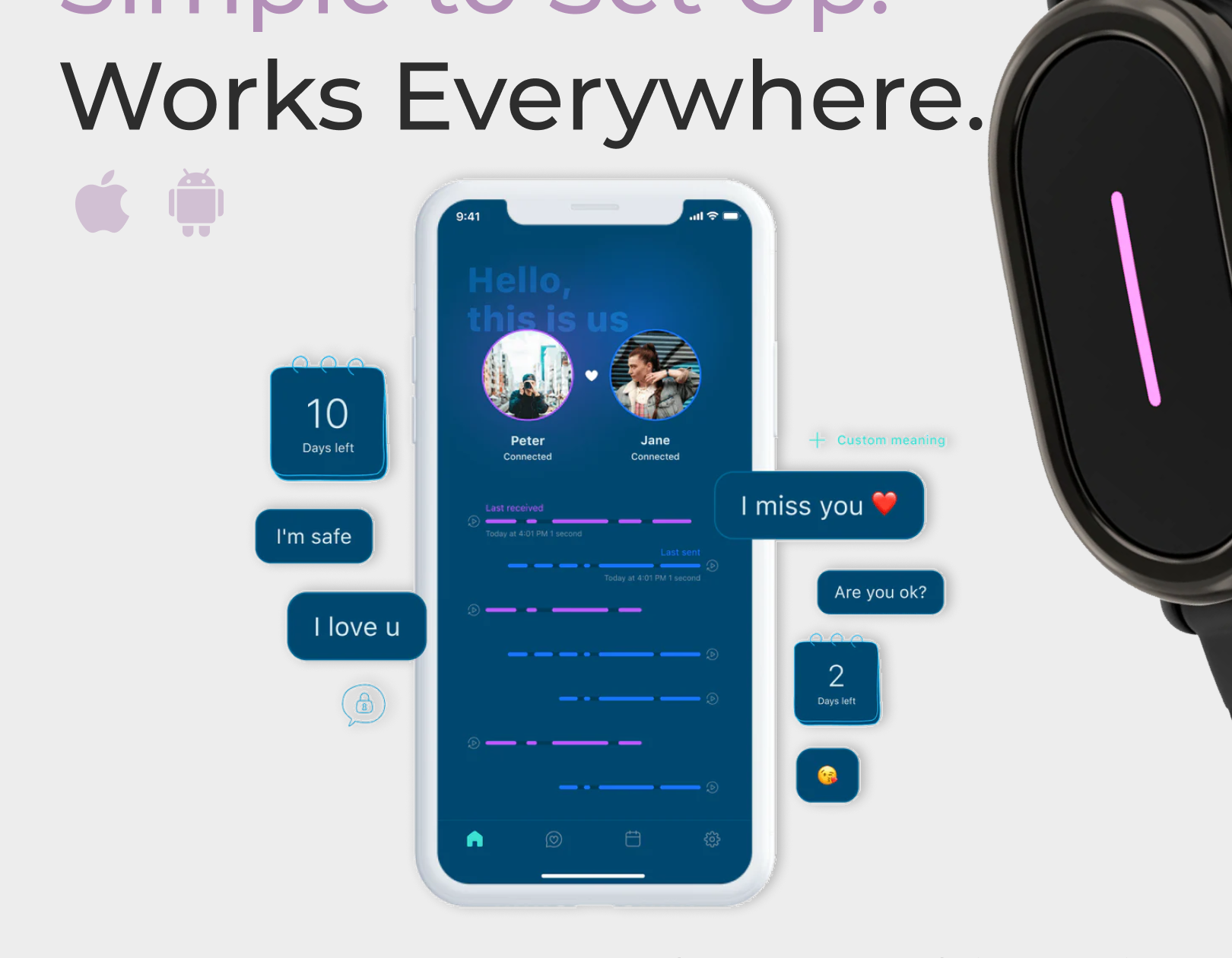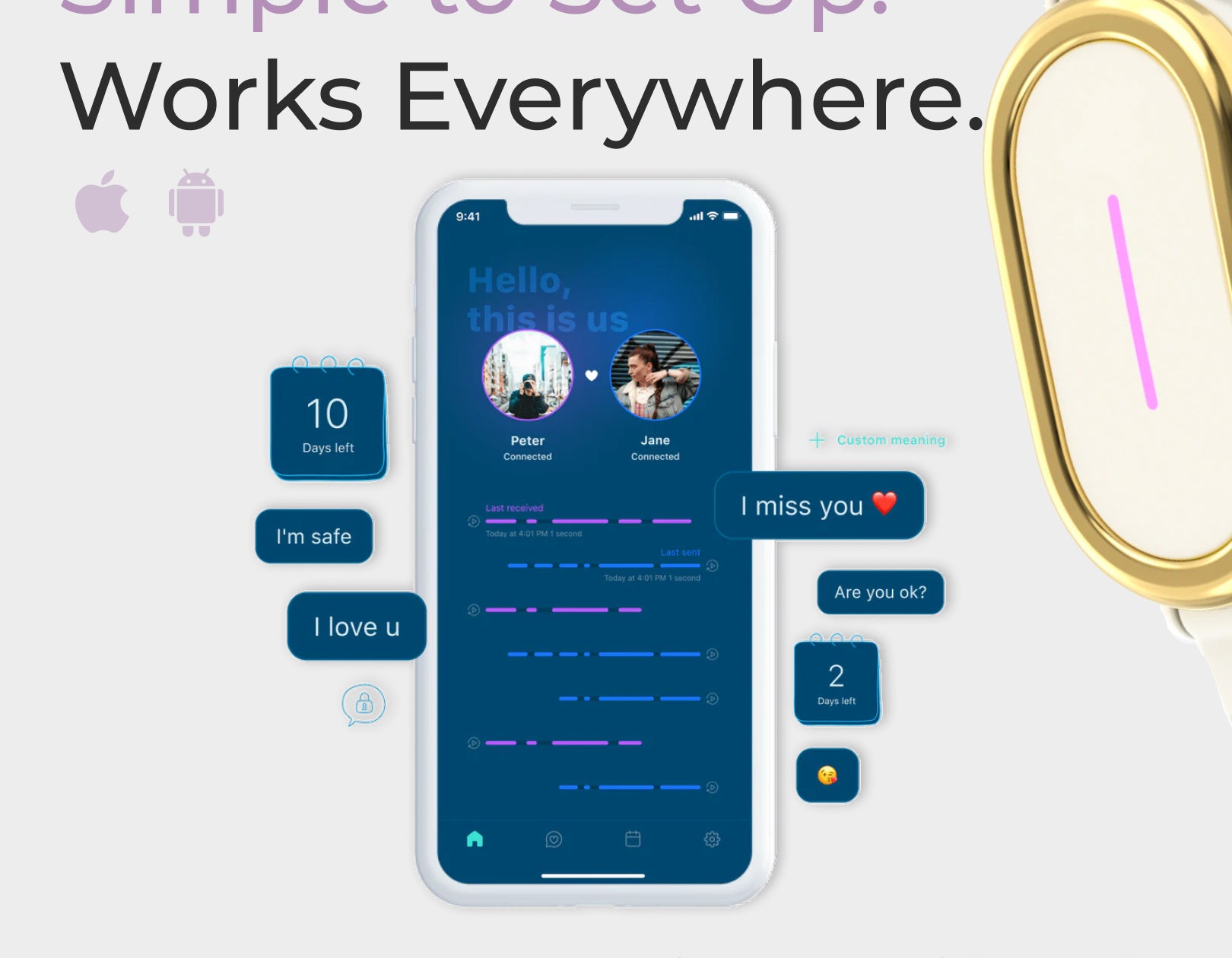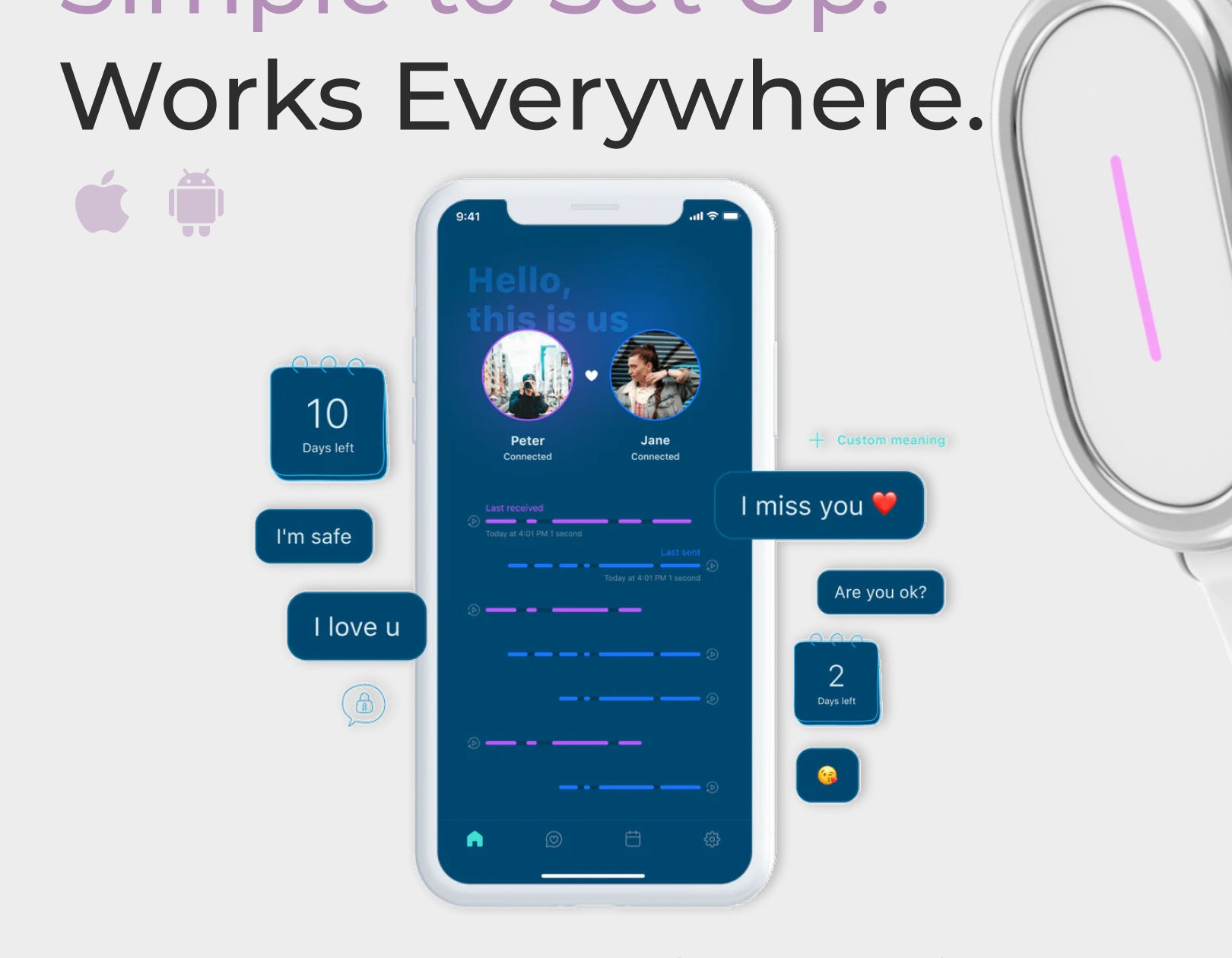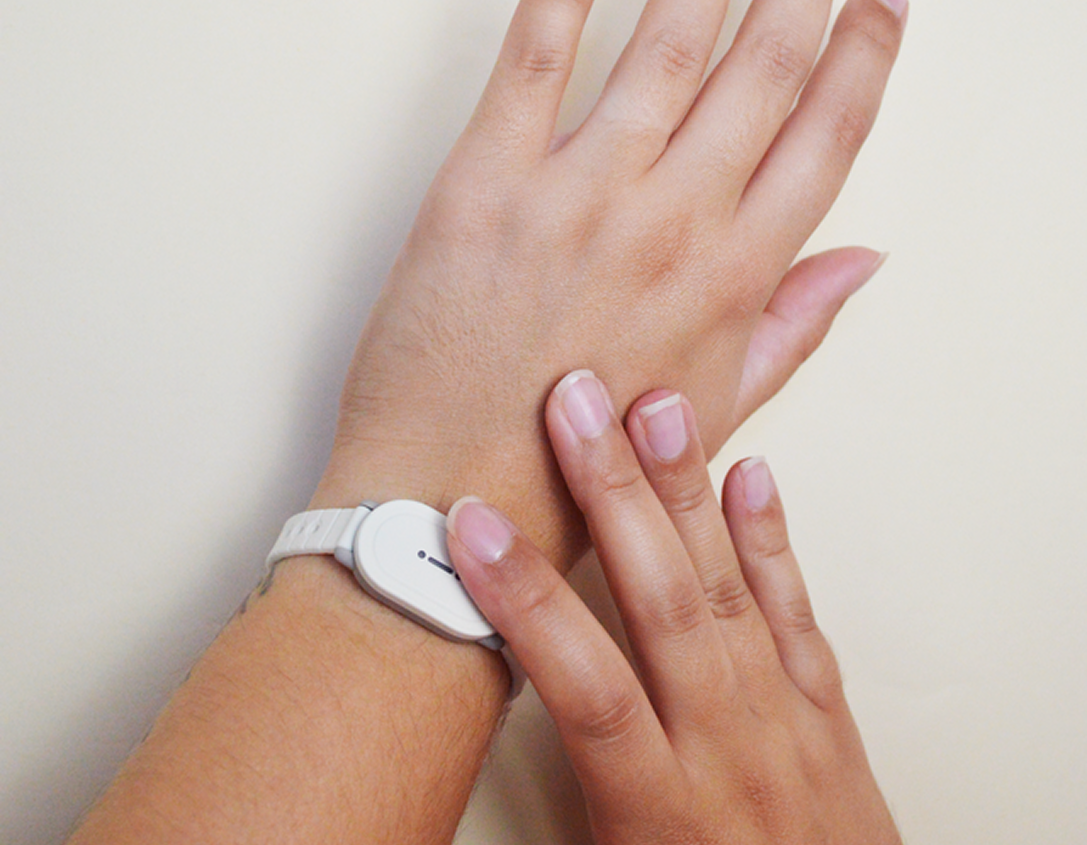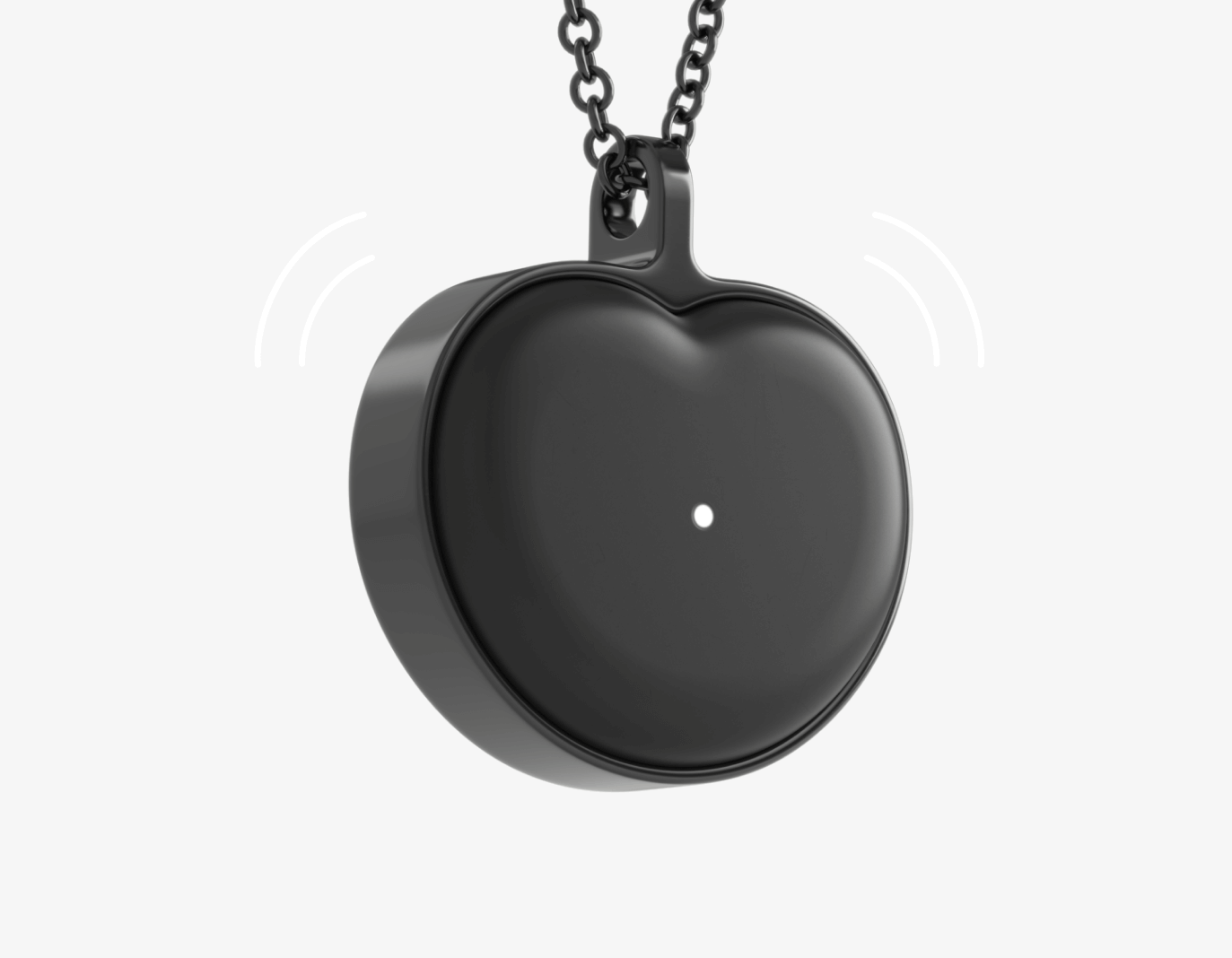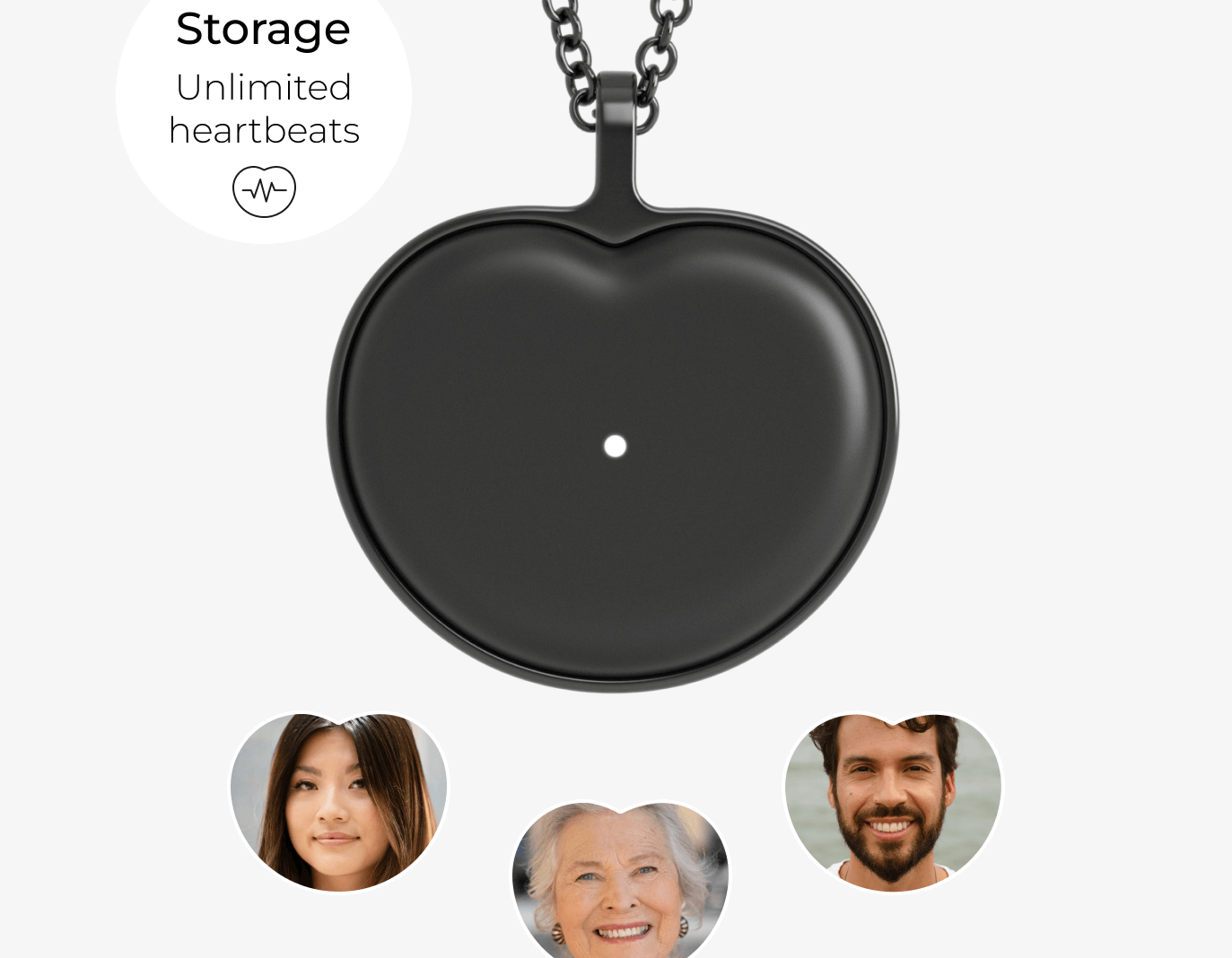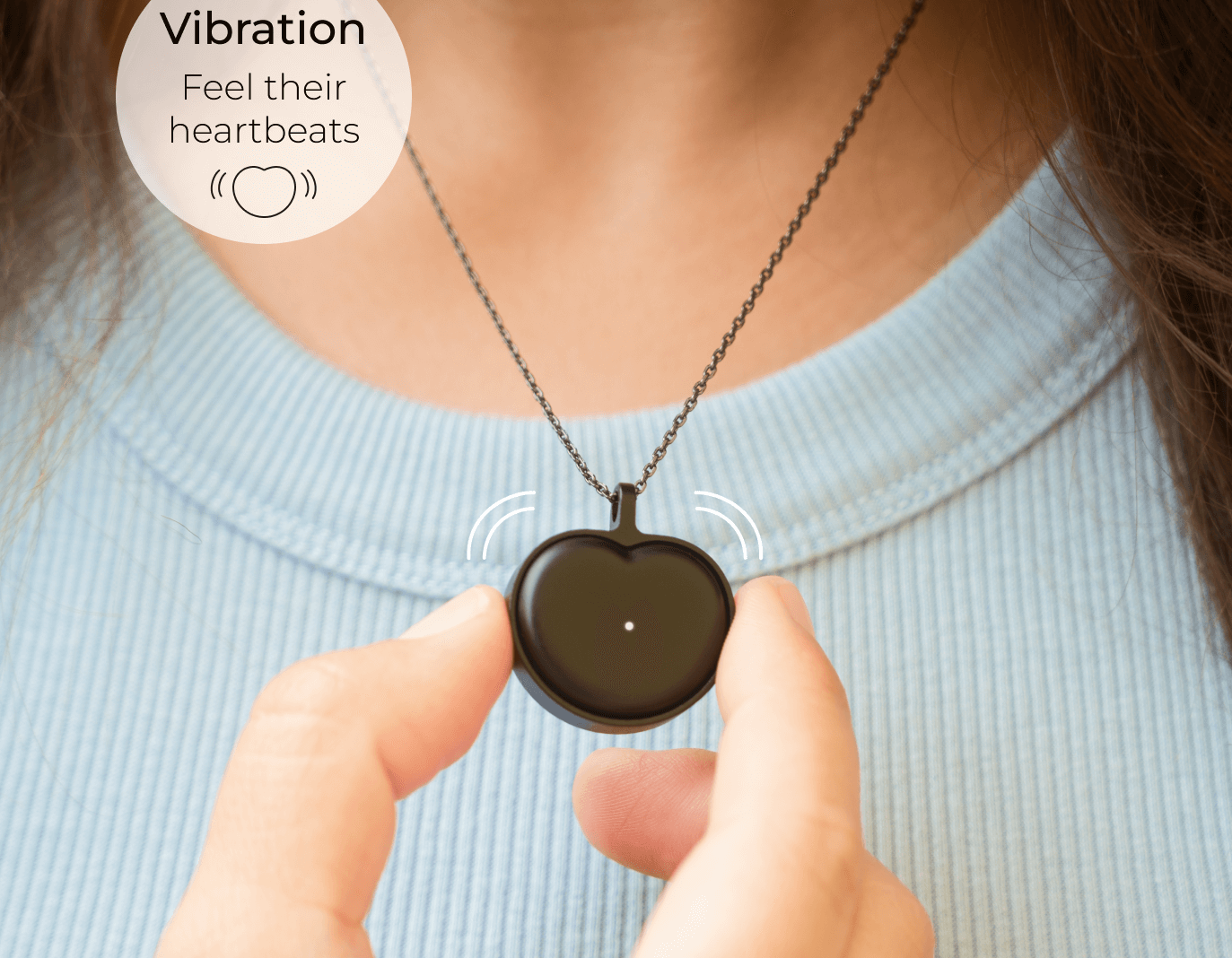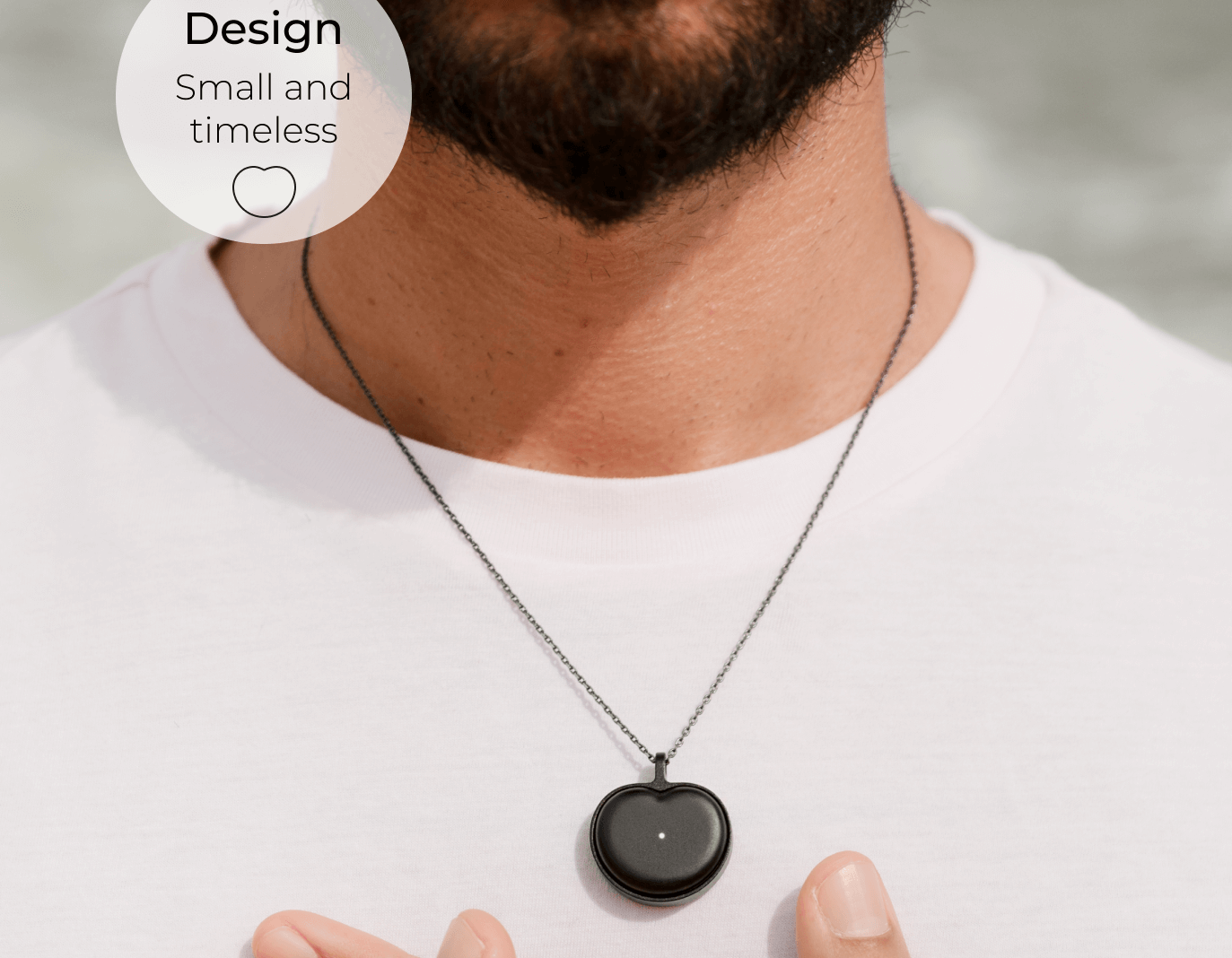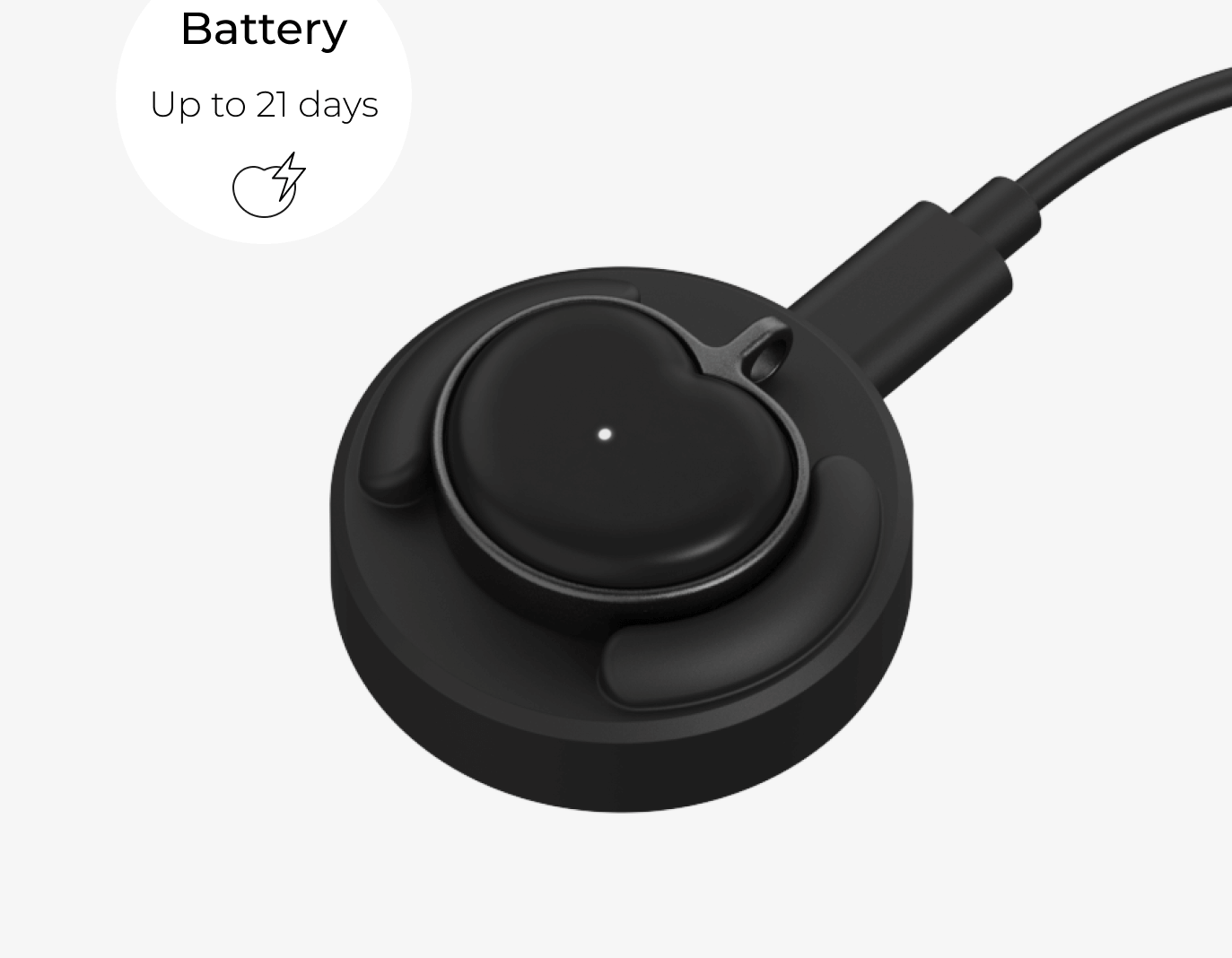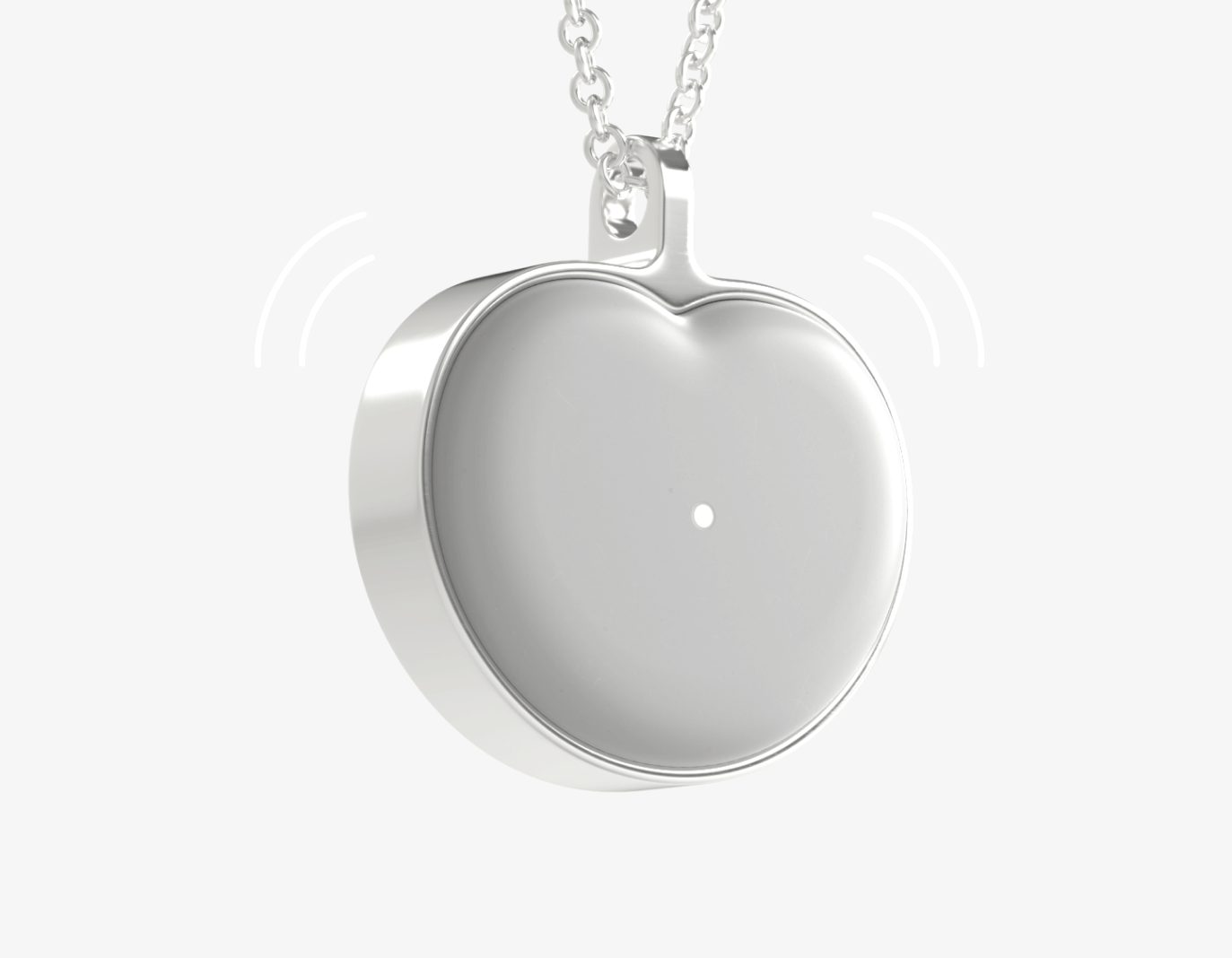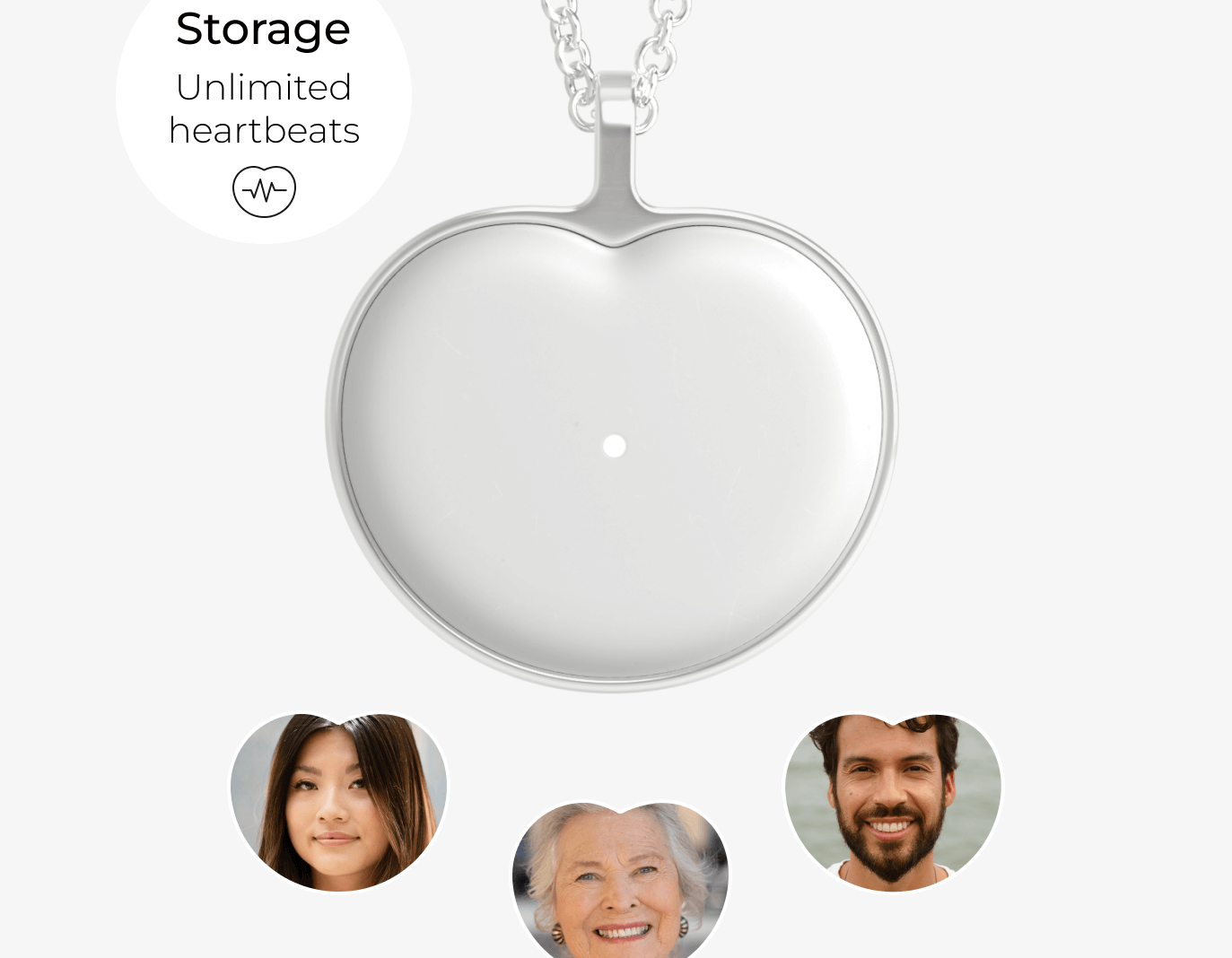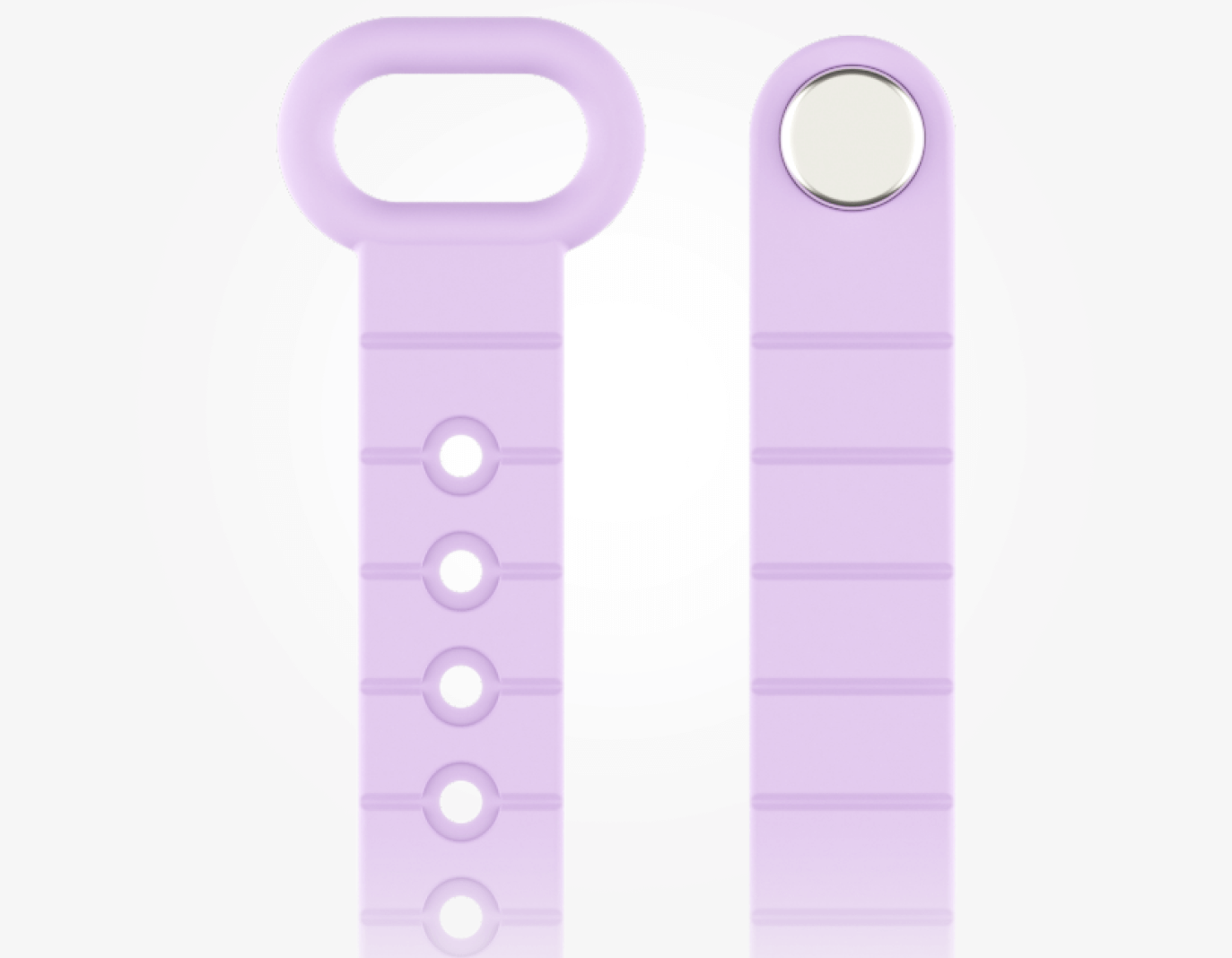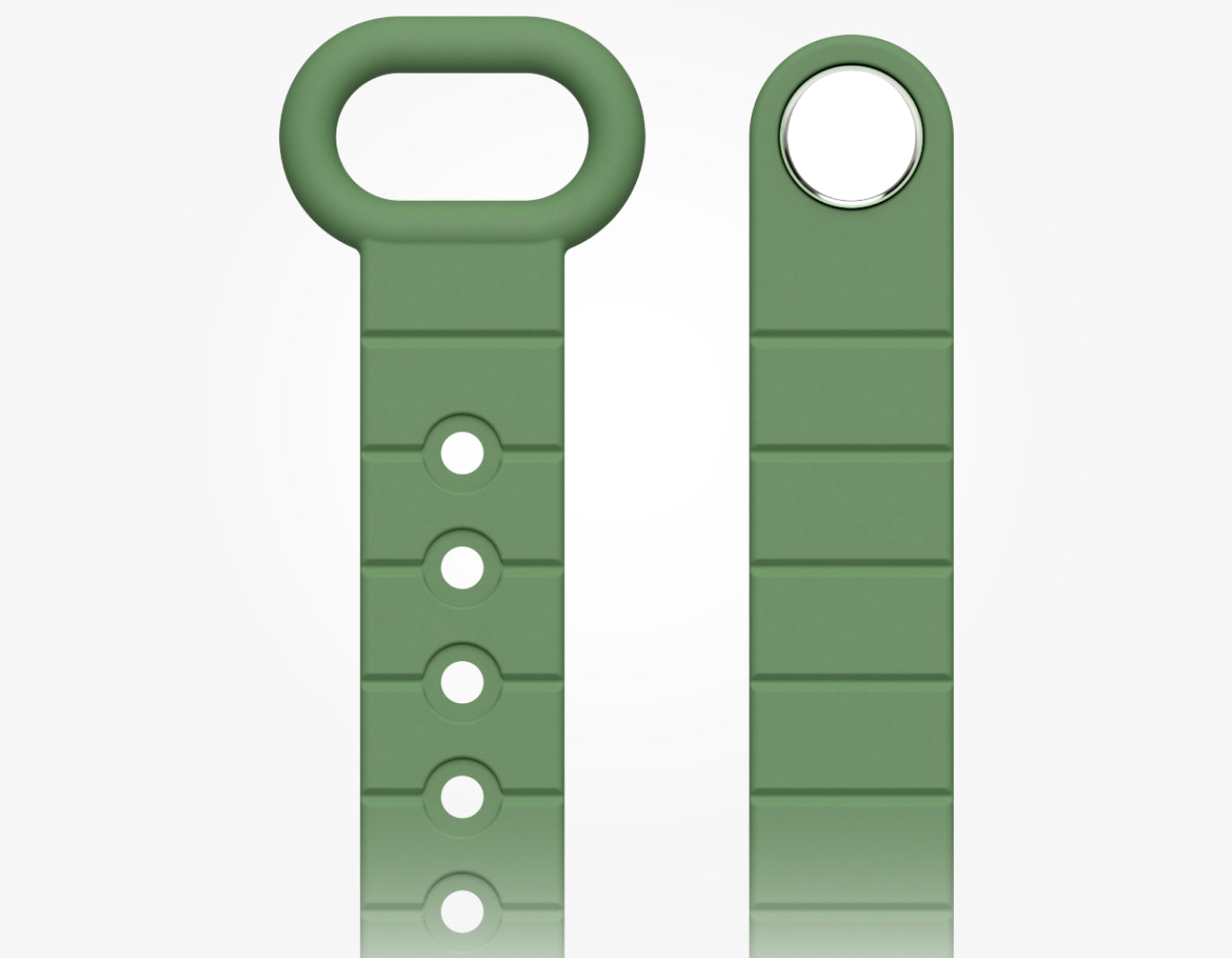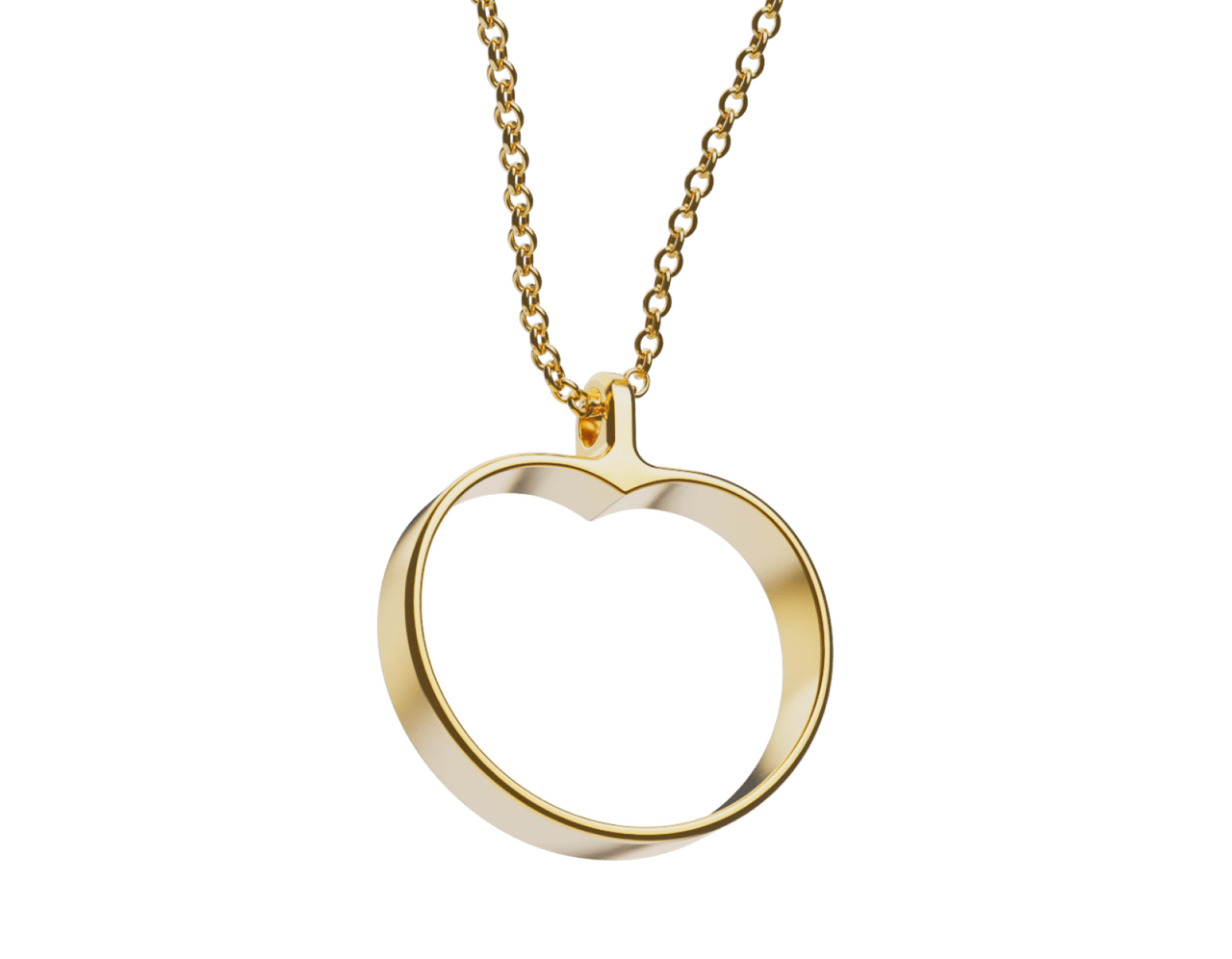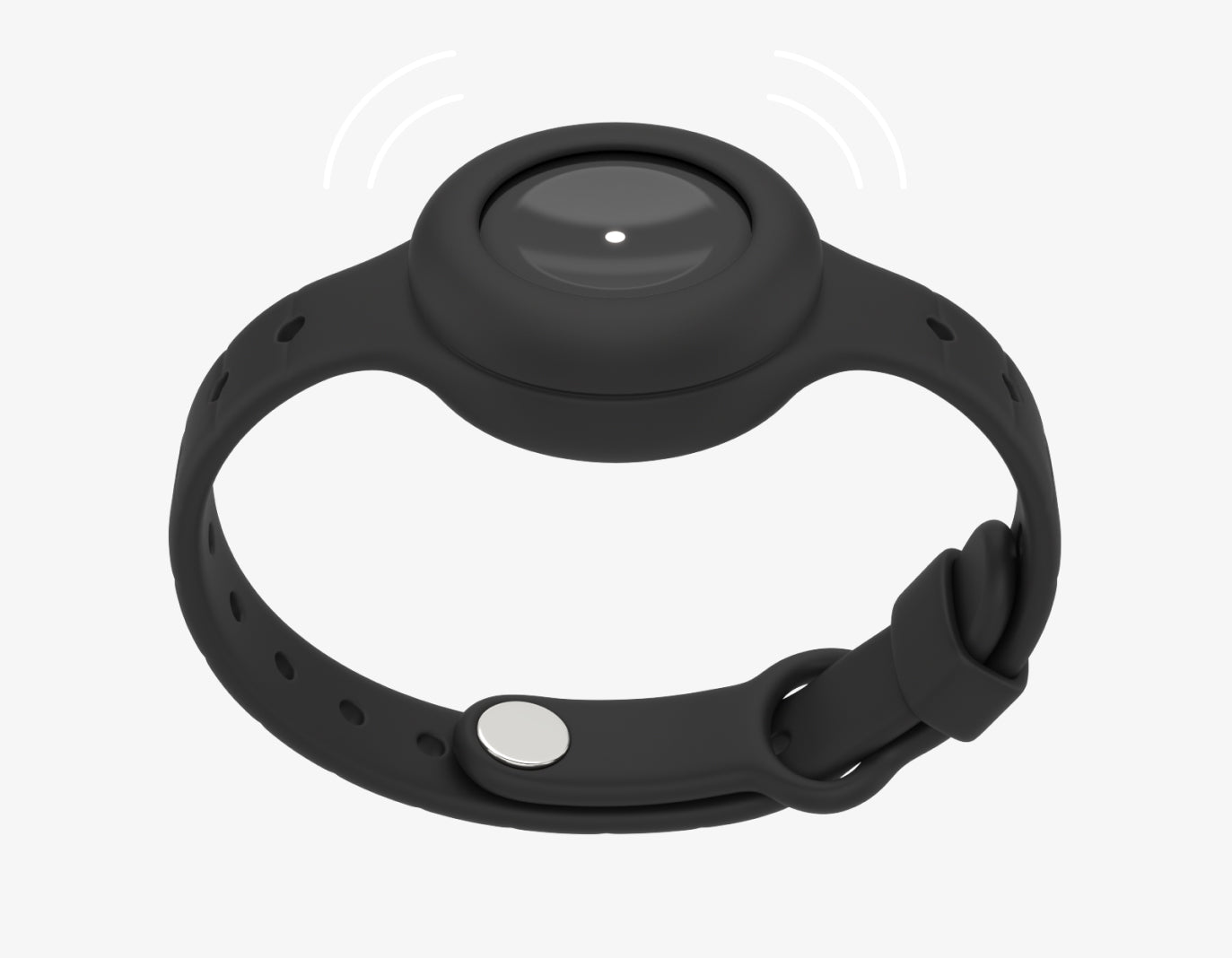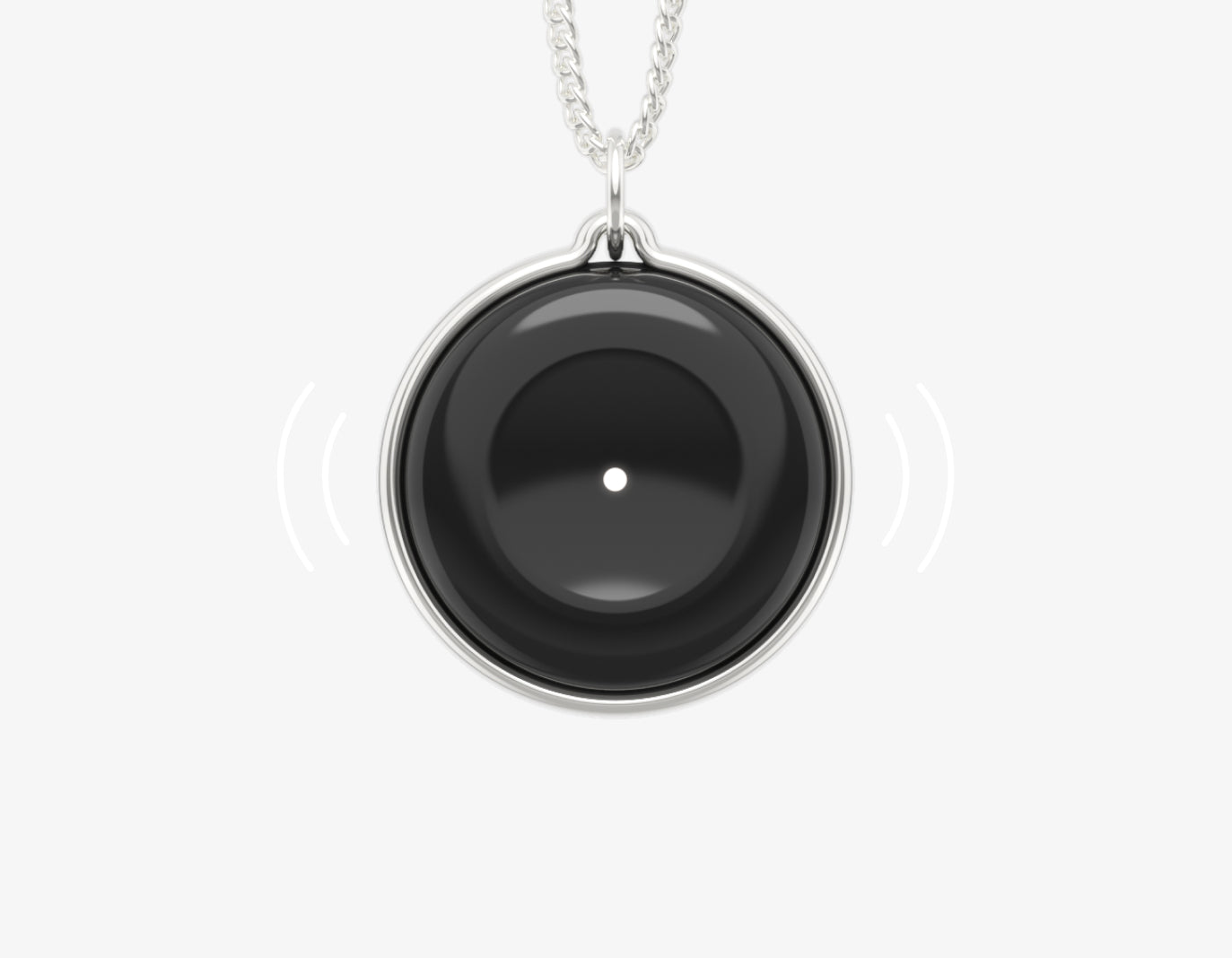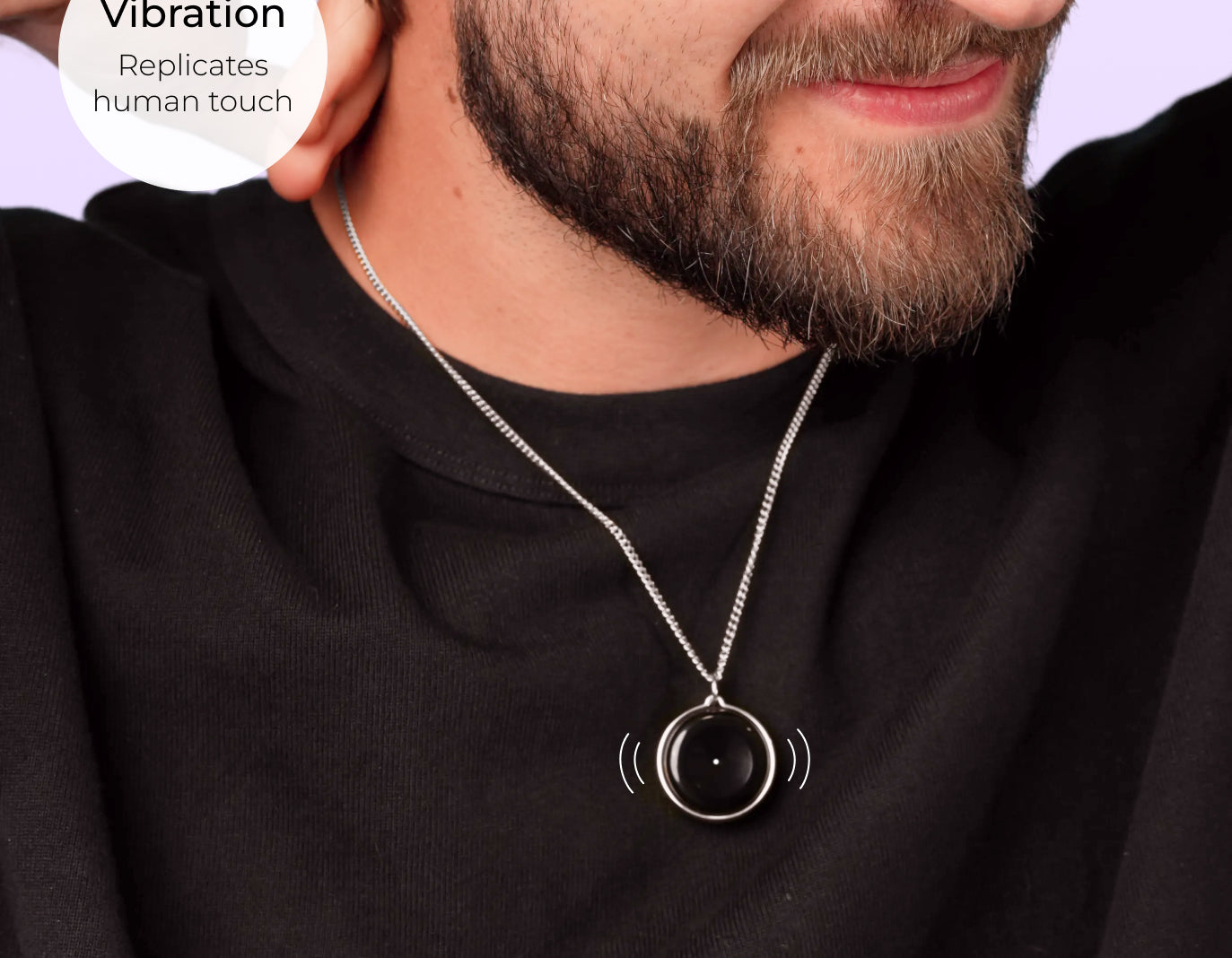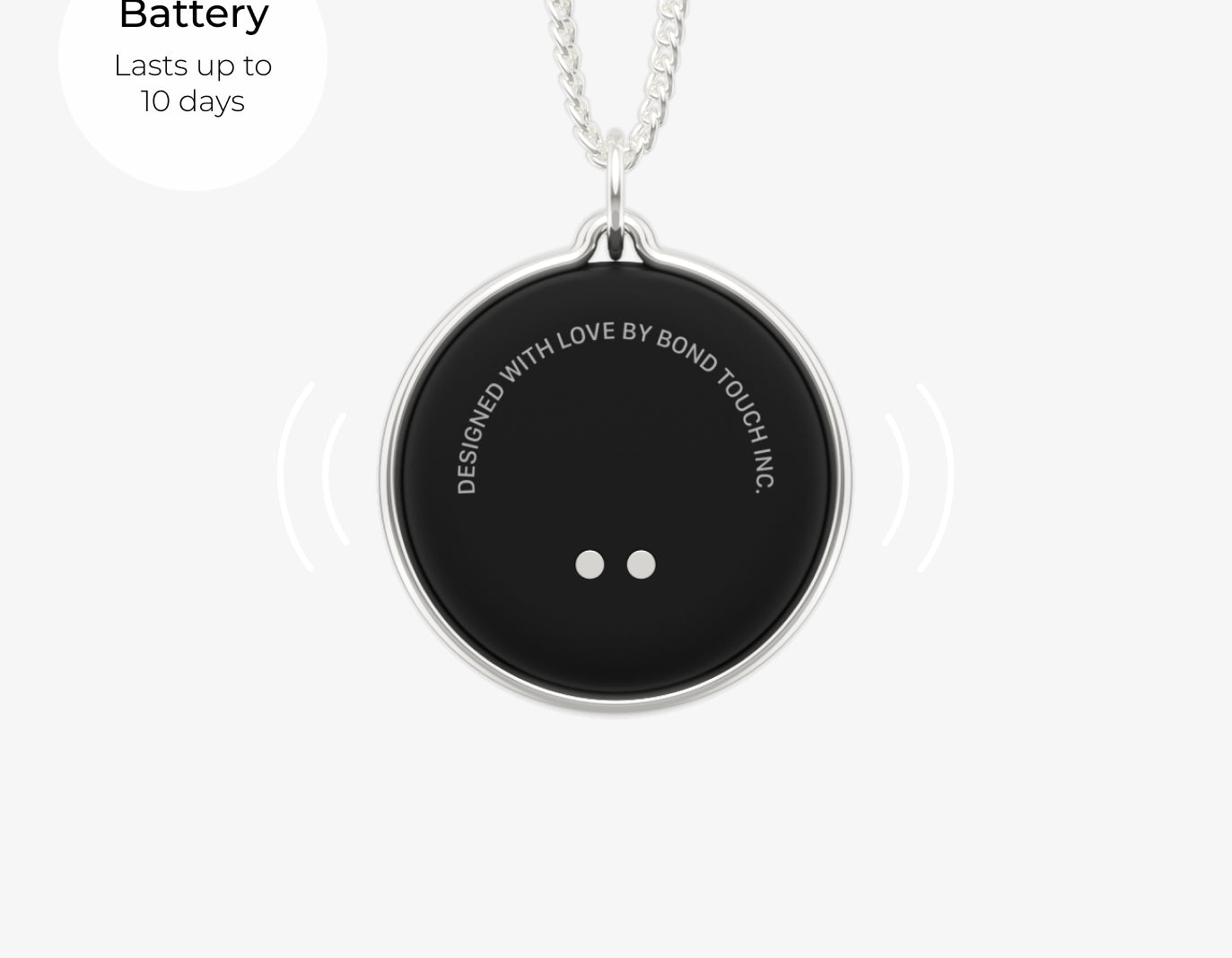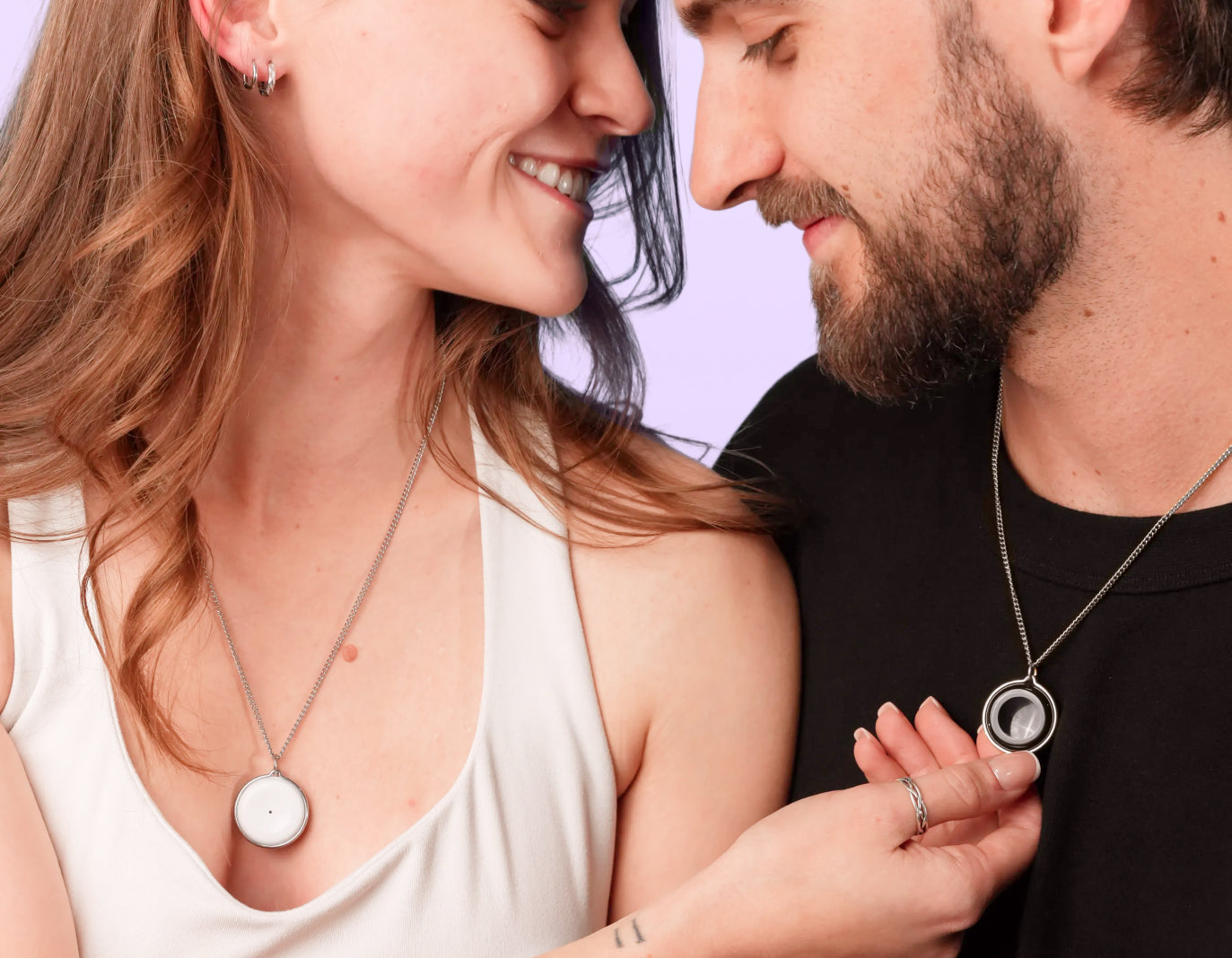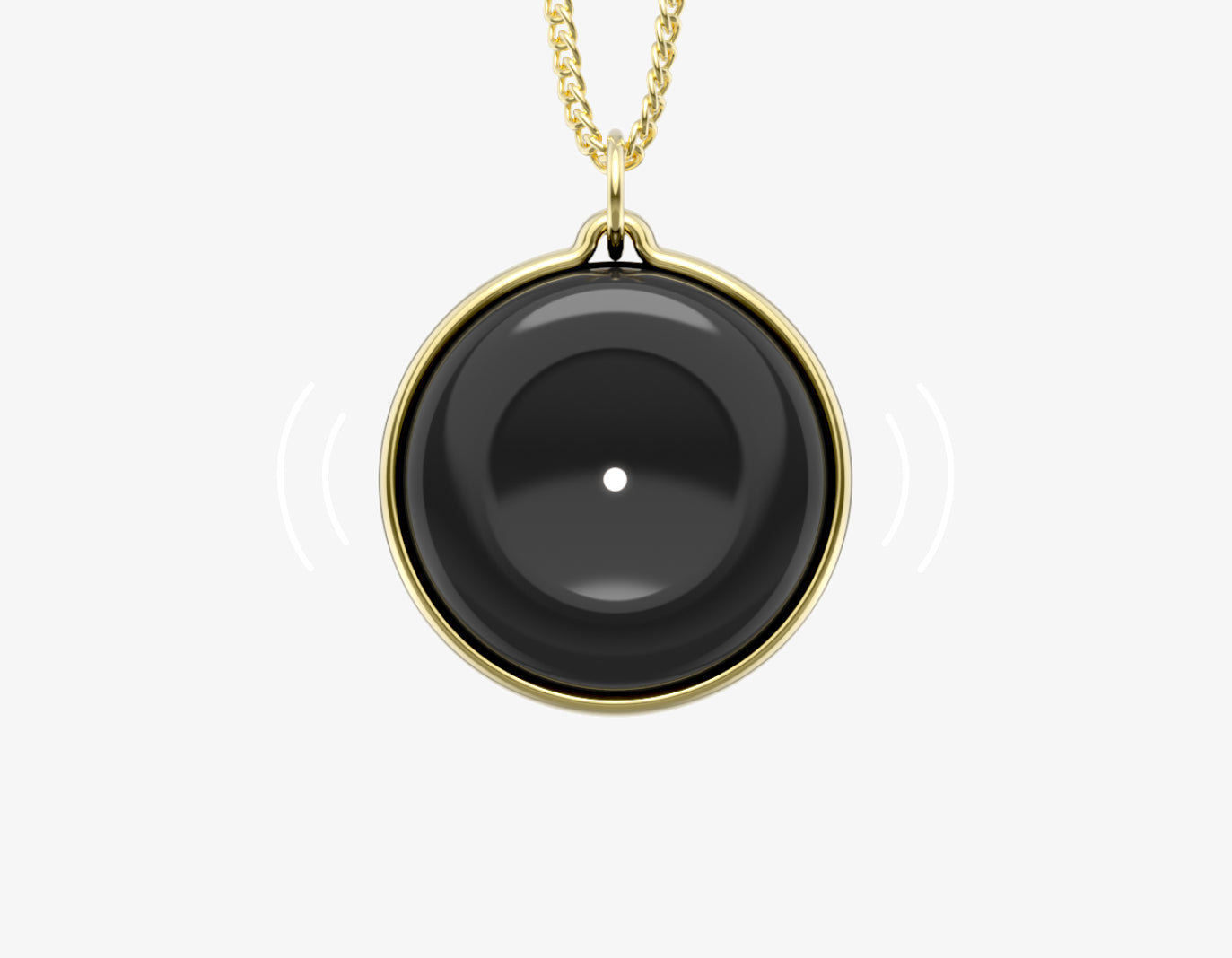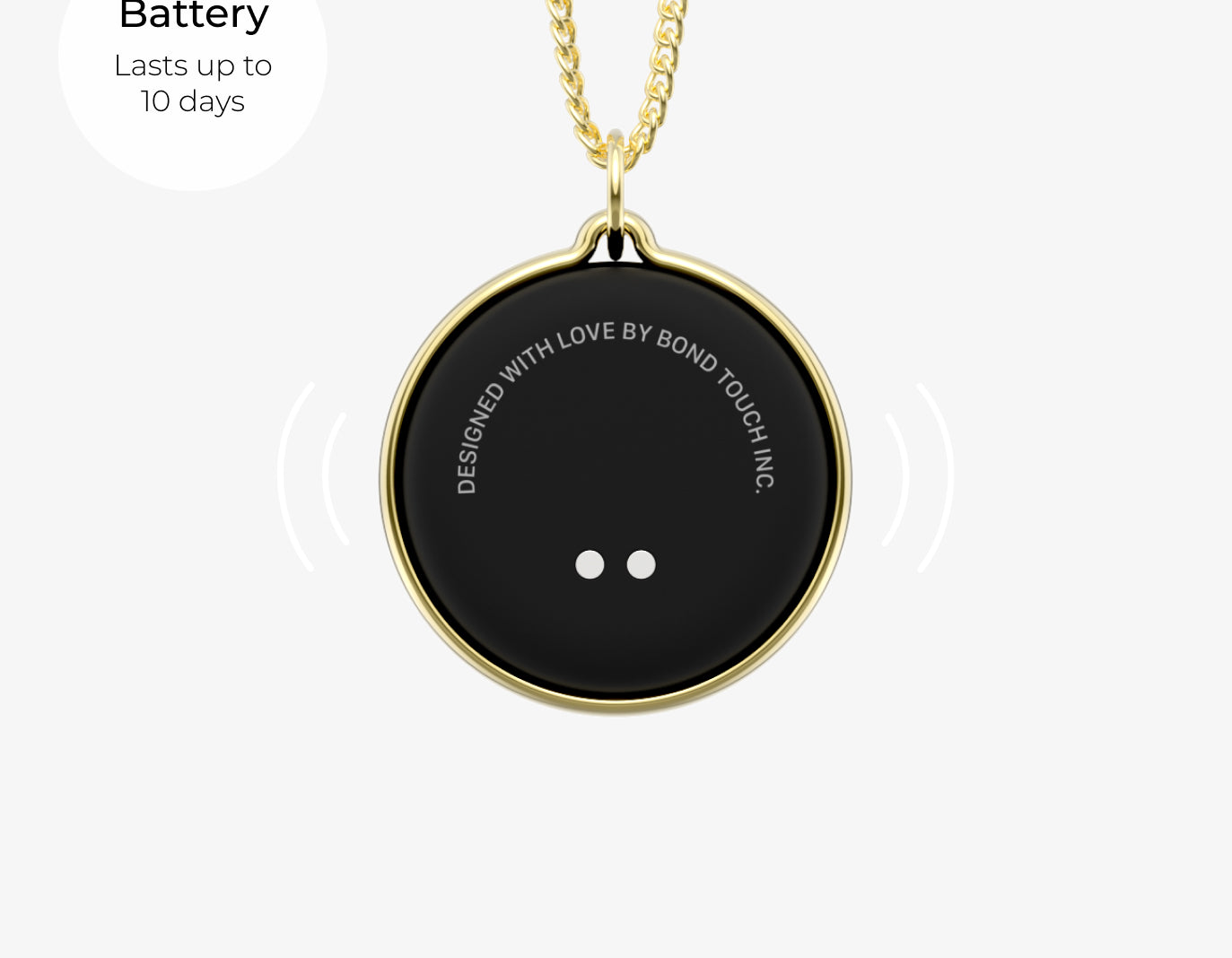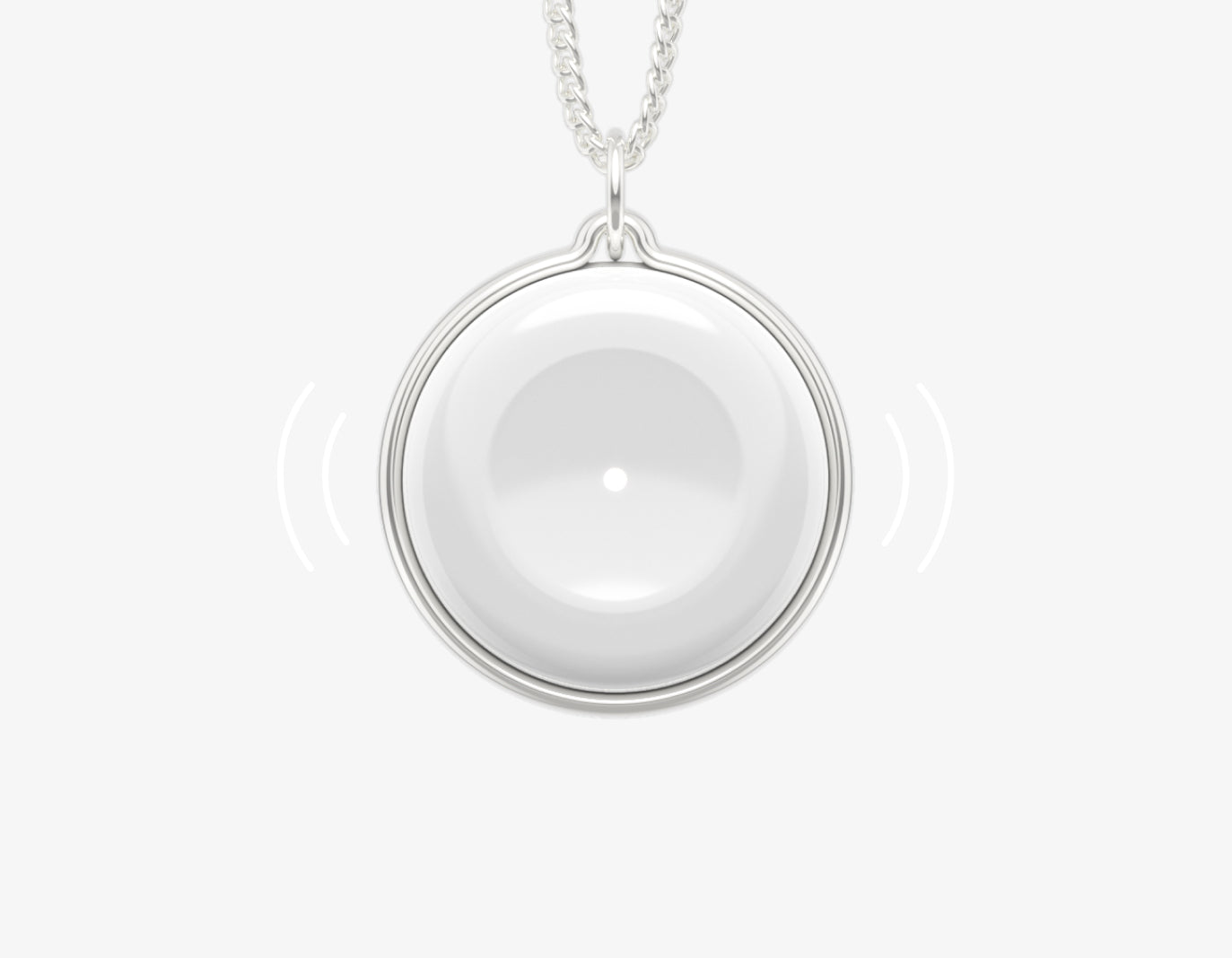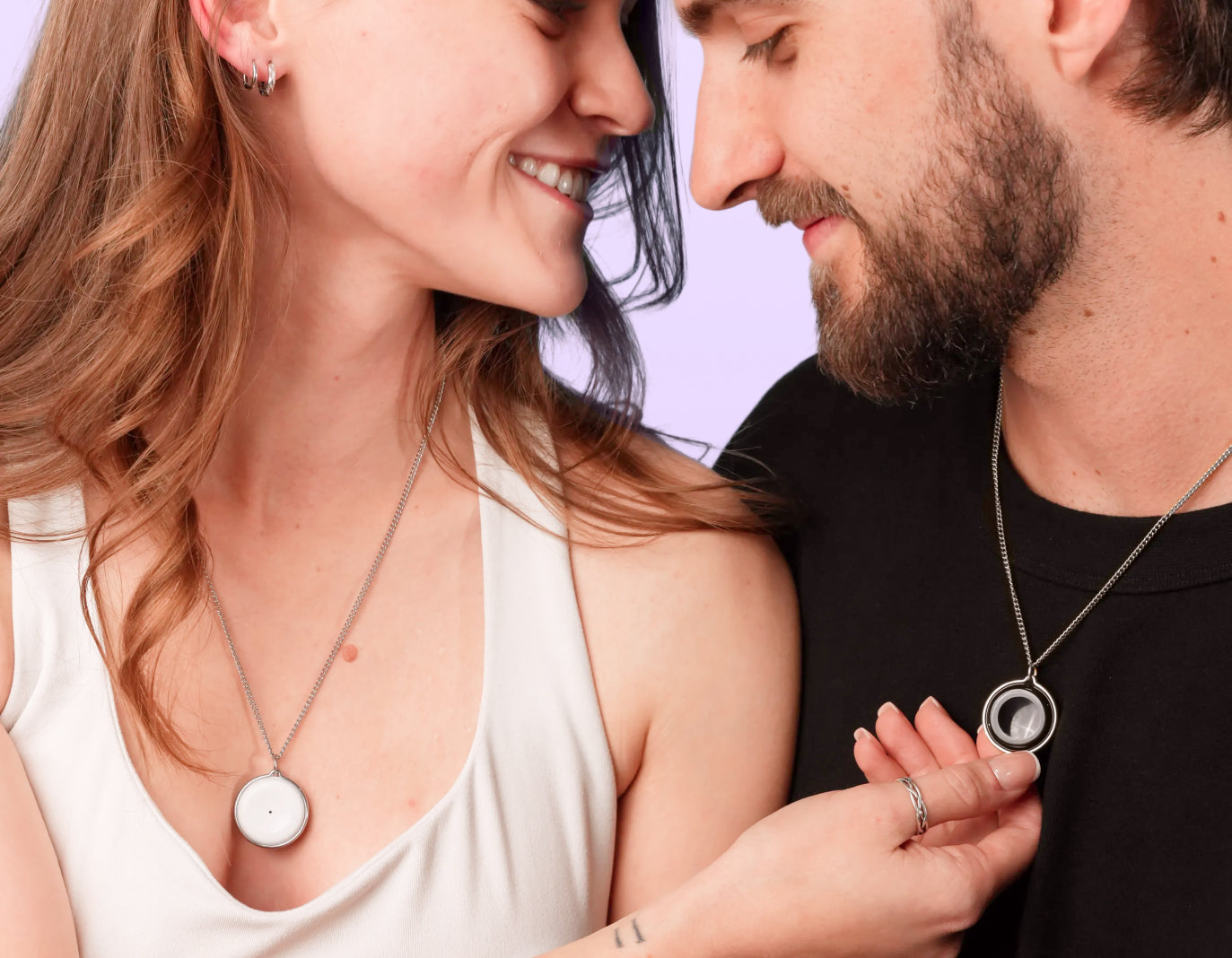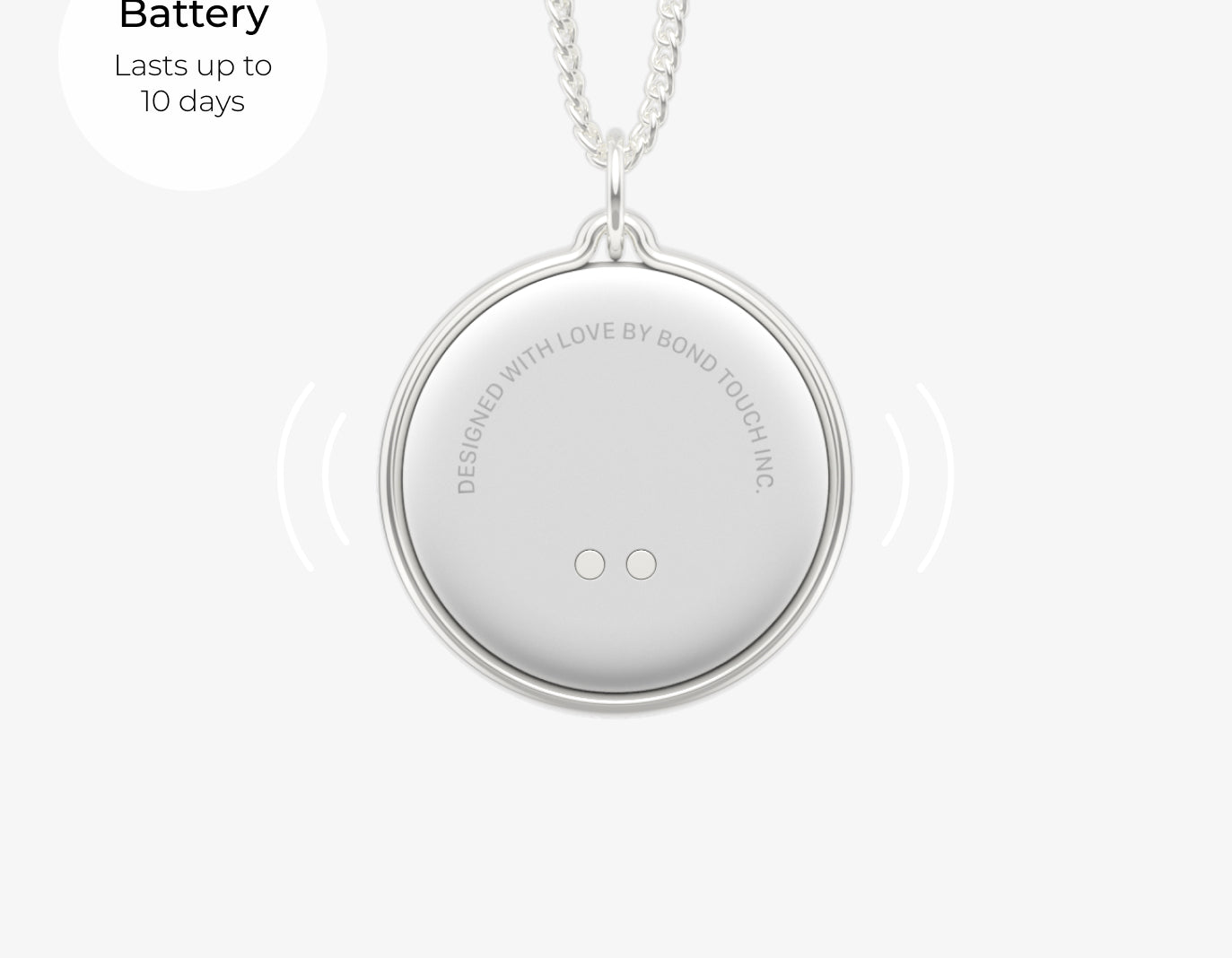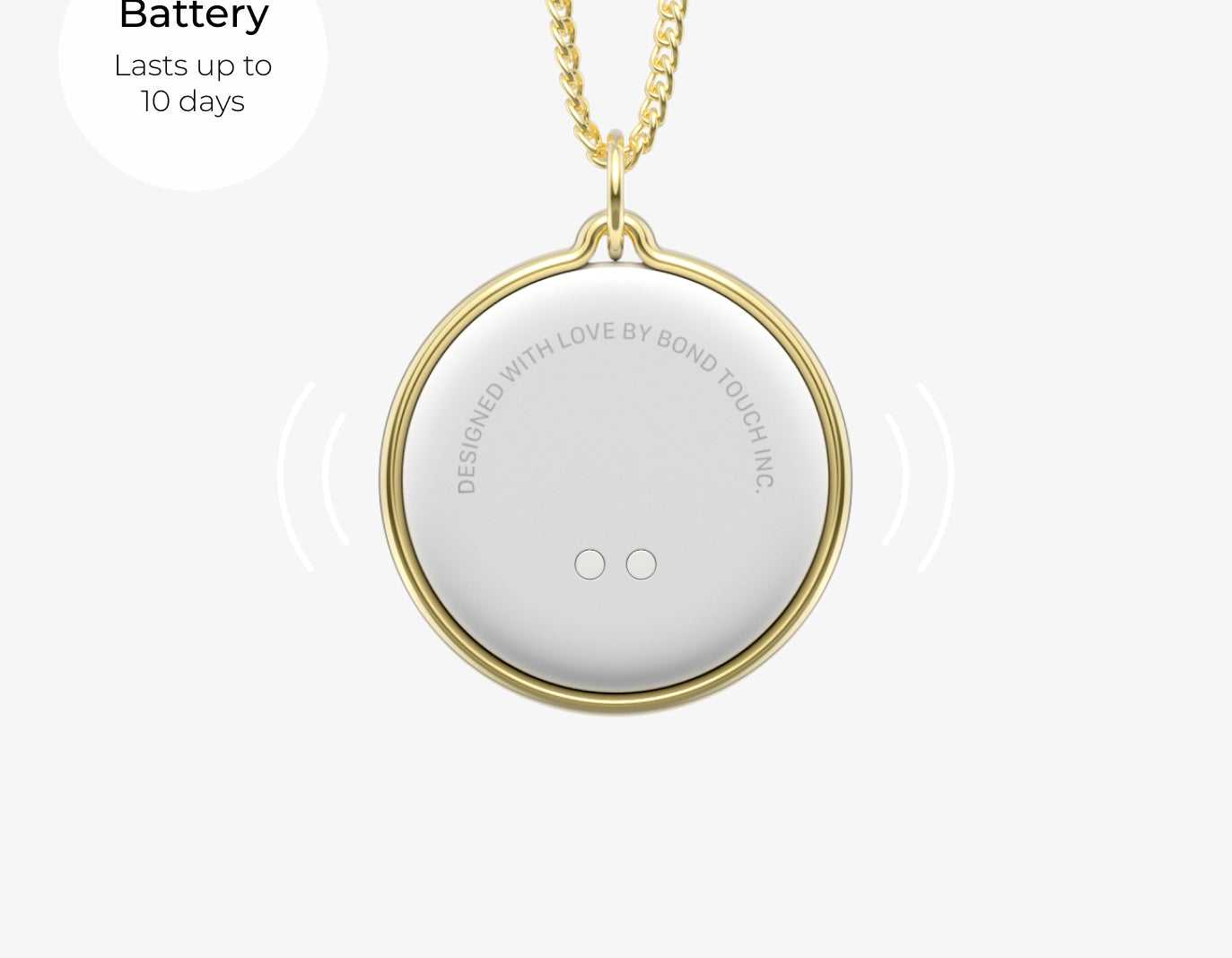What Is A Covert Narcissist?
We've all witnessed the classic narcissist, their self-absorption is unmistakable. However, there is also another way that this personality trait manifests that can be more difficult-to-spot. Introducing the covert narcissist…
In her hit song “Anti-hero” Taylor Swift sings the lyrics:
“Did you hear my covert narcissism I disguise as altruism like some kind of congressman?”.
The lyrics are a bit hard to decode, so when in doubt, we did what many do to decipher life's most important questions …head to Tik Tok
Narcissism is a personality disorder in which a person develops an excessive feeling of self-worth and believes themselves to be superior to others. Rather than being overt, a covert narcissist is someone who is able to conceal some of the external symptoms of this selfish personality trait. At the other end of the spectrum, altruism is the belief in or practice of selfless concern for the well-being of others.
So combined in this line Taylor is basically saying: did you hear she uses good actions to “appear” like she cares about other people, but really these actions are self-serving - similar to how politicians say or do something just to get you to vote for them.
Now before the Swifties come for us, this is not we are saying, but it's most likely a comment on how the media often likes to present Taylor.
So now we know the meaning of a covert narcissist, let’s dig into some of the warning signs…
1. They Were Charming At First:
Covert narcissists will typically do something pleasant if they expect something in return. However, behind these actions, there is usually an ulterior motive to increase their time in the limelight and boost their ego.
A covert narcissist may pose as a provider and assist others to get praise or affirmation. It may look like they are giving without aim or that they are empathetic, yet if you start to notice help is only offered when it's public, or something is always expected in return, take this as an early warning sign.
2. They Lack Empathy:
A narcissist may exhibit learned (self-serving) empathy or be ready to assist others. However, this giving/caring for others has a purpose, as explained above. Narcissists lack (emotional) empathy, a trait shared by both overt and covert narcissists. A narcissist is unconcerned about your emotions or needs, and most often their attention is entirely focused on themselves.
3. They Feed Off Your Compliments:
Narcissists live on empathy and praise from others because it helps them focus on their goals. This is a terrifying aspect of how narcissists kill empaths. They feed off your praises and utilize all the energy you put into the dialogue to elevate themselves.
Notice how they respond when they need support and you begin comforting them. Do they suddenly bounce back, and then begin putting you down? This is a common tactic known as fishing for compliments.
4. They Don't Have Any (Or Many) Long-Term Friends:
Narcissists will only engage in friendship if it benefits them in some manner. Most individuals will see that they are being exploited by the narcissist and will stop the connection. Narcissists can readily create friends, but they lack lasting friends.
Friendships with narcissists are uncertain and may end quickly. If you have been friends with a narcissist you may not even realize what happened to cause the friendship to end, which adds to the confusion. Because of their lack of empathy and unwillingness to be vulnerable, narcissists will never form true friendships.
5. They Think They're Right About Everything And Never Apologize:
Narcissists will attempt to blame everyone around them for their life failings, never accepting personal responsibility for what has gone wrong for them.
They'll blame their parents for not giving them enough opportunities when they were kids and their employers for not generating enough money.
They'll blame their friends for not assisting them in meeting the appropriate individuals, and they'll blame their partners for not being able to commit to the relationship.
Are any of these warning signs raising red flags for you?
We don’t suggest you go ending any relationships without talking to the person first. But if you keep noticing a track record of these behaviours and you are not feeling valued in the relationship, perhaps it's time to think again.











